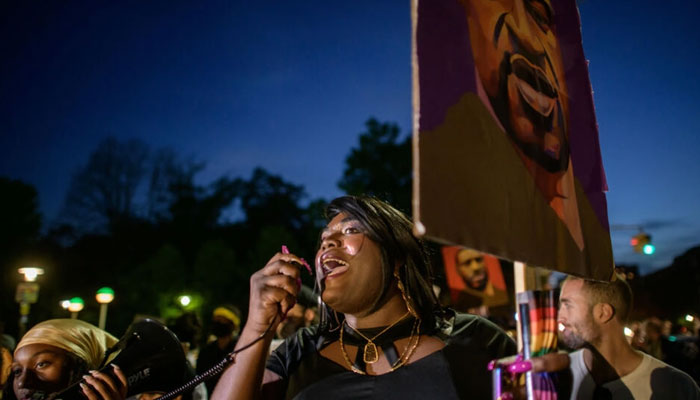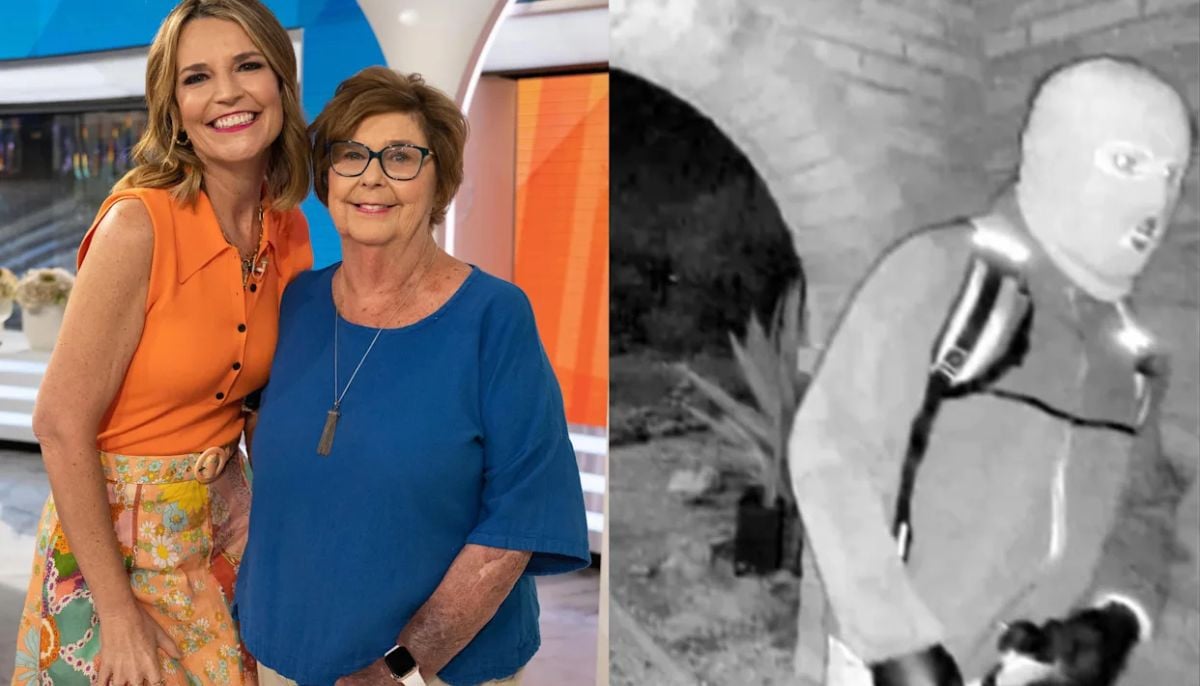Study finds White people view their own race as more 'human'
Study gathered data from over 60,000 subjects who participated in 13 experiments testing their implicit biases
A recent study published in the Proceedings of the National Academy of Sciences has revealed a concerning disparity between people's explicit beliefs and their implicit biases when it comes to race.
The study, conducted by researchers from Harvard and Tufts University, gathered data from over 60,000 subjects who participated in 13 experiments testing their implicit biases.
While over 90 percent of the participants explicitly stated that white people and non-white people are equally human, the results of the implicit measure told a different story. White participants, both from the United States and other countries, consistently associated the attribute "human" with their own racial group more than with other racial groups. This implicit bias was not observed in Black, Asian, and Hispanic participants, who equally associated their own group and white people with "human."
The study relied on the Implicit Association Test (IAT), a widely used tool that measures the strength of associations between concepts and attributes. The IAT reveals attitudes that individuals may be unwilling to state publicly or may not even be consciously aware of. Across all the experiments, 61 percent of white participants associated white people more with "human" and Black people more with "animal." Even more concerning was the fact that 69 percent of white participants associated white people more with humans and Asians more with animals.
These biases persisted across different demographics such as age, religion, and education, but they did vary based on political affiliation and gender. Conservatives and men displayed slightly stronger implicit associations between "human" and white individuals. Non-white participants did not exhibit implicit biases in favour of their own racial groups compared to white people, but they did show a bias towards whites as more human when assessed against another minority group.
The study's lead author, Kirsten Morehouse, emphasised that these findings reflect the persistence of sentiments that have been present for centuries. The dehumanisation of other races has historically been used to justify unequal treatment and atrocities. The fact that white participants exhibited implicit biases favouring their own racial group highlights the social and economic dominance of white people in the United States, where the majority of participants were from.
While the results may be uncomfortable for some, raising awareness about these implicit biases is an important first step in breaking patterns of stereotyping. Recognising and addressing these biases can contribute to creating a more inclusive and equal society.
-
New EU strategy aims to curb threat of malicious drones
-
Nancy Guthrie abduction: Piers Morgan reacts to 'massive breakthrough' in baffling case
-
Texas father guns down daughter after heated Trump argument
-
FAA shuts down El Paso Airport, flights suspended for 10 days: Here’s why
-
Teacher abused children worldwide for 55 years, kept USB log of assaults
-
Savannah Guthrie expresses fresh hope as person detained for questioning over kidnapping of Nancy
-
Tumbler Ridge school shooting among Canada’s deadliest — Here’s where it ranks
-
Suspect detained as authorities probe Nancy Guthrie’s abduction












